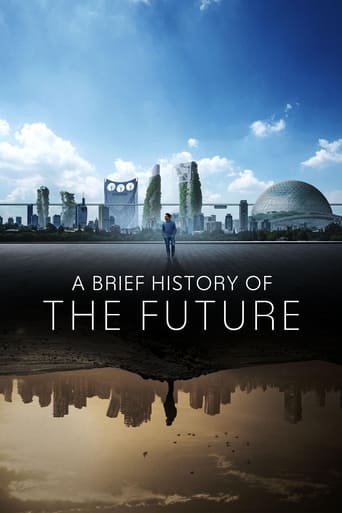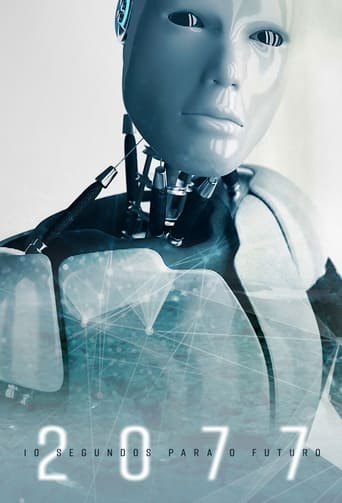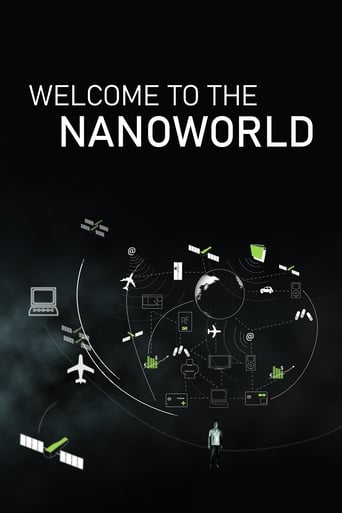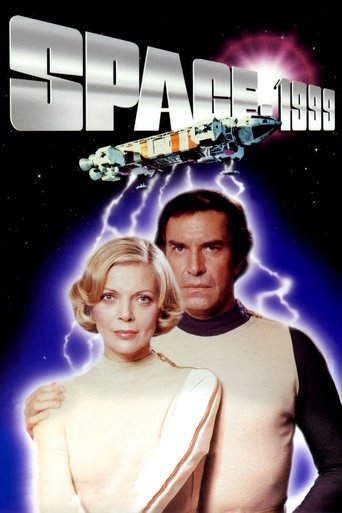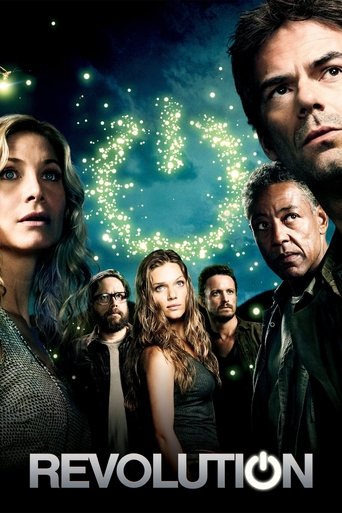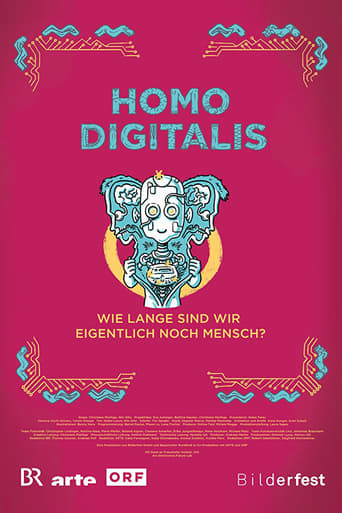
Rating:
4/10 by 1 users
Virtual Entertainment
Anyone who has already tried everything in real life could discover something more exciting in the virtual world: as a superstar, as an extreme athlete or by immersing yourself in another body. Virtual Reality gives young people a very special leisure kick. Helen Fares tests if this is for her and gives a virtual live concert.
Writing:
Release Date:
Wed, Oct 18, 2017
Country: DE | AT
Language: De | En | Fr
Runtime: 9
Country: DE | AT
Language: De | En | Fr
Runtime: 9
Season 1:

Are real human relationships soon obsolete? Will we only meet our friends virtually in the future? - Researchers are already working on the digital replacement for meeting friends. They simulate the presence of people who are really far away or even dead. How does Helen Fares react when faced with a hologram instead of her friend?

Our bodies and brains can now be upgraded technically. Anyone who gets a chip implanted in the brain can greatly expand their thinking abilities. This blurs the boundaries between man and machine. What happens if the computers are smarter than us in the end? - Helen Fares tests what her brain is capable of today.

Does life in the digital world lead to less and less sex? - A recent study confirms this thesis. In Japan, this trend is much clearer than ours. Around half of the 18 to 30-year-old Japanese are permanently single without interest in intimate contacts. Robots could help here. How does that feel - sex with a robot?

Would you tune your body, become a cyborg or hack your DNA to extend your life? - What sounds like science fiction is partly already a reality: the prediction of diseases, the change of human genome and organs from the 3D printer. Helen Fares is fascinated by life-prolonging possibilities - and lets herself experiment with herself.

Anyone who has already tried everything in real life could discover something more exciting in the virtual world: as a superstar, as an extreme athlete or by immersing yourself in another body. Virtual Reality gives young people a very special leisure kick. Helen Fares tests if this is for her and gives a virtual live concert.

Do machines and robots make us more efficient at work and ultimately happier? In fact, computers can learn to capture human emotions and desires. That would have to result in happy employees. Which in turn can work extremely efficiently. Who really benefits from the technological revolution in the end?

The digital revolution is transforming us humans sustainably - physically and mentally. How long have we still belonged to the species Homo sapiens in this rapid progress? Does only the Homo Digitalis have a real chance of survival in the future?





